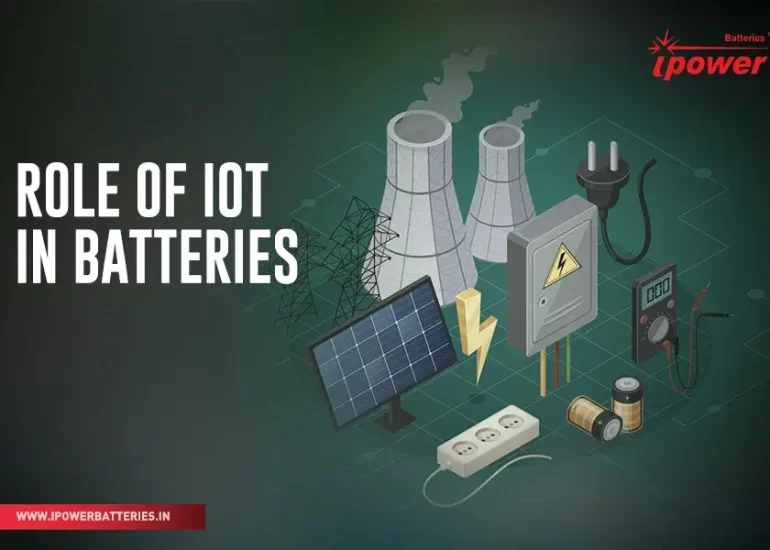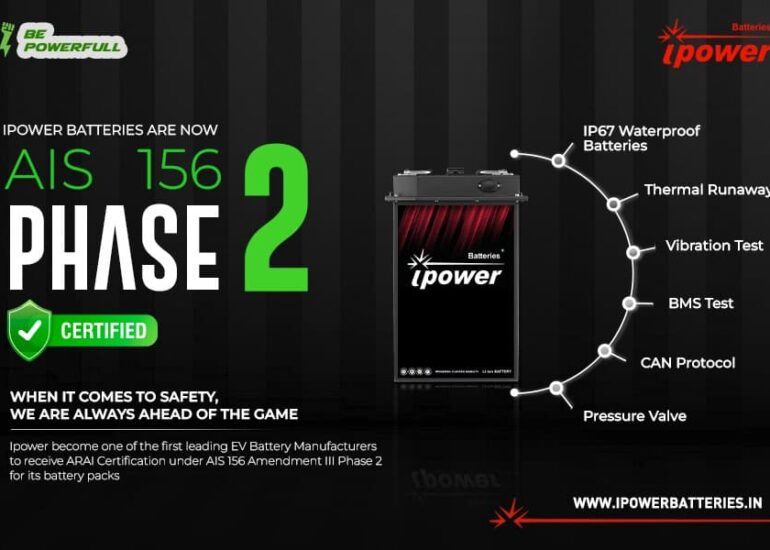What are Solid-State Batteries and why are they important?
If you are interested in battery technology and its applications, you might have heard about solid-state batteries. Solid-state batteries are a new type of battery that uses solid electrolytes instead of liquid or gel electrolytes. They are considered the next generation of batteries that can overcome the limitations and challenges of conventional batteries.
But what are the benefits and features of solid-state batteries? How do they work and what are their current prospects? How can you learn more about solid-state battery technology and stay updated with the latest developments and innovations?
In this blog post, we will try to explore these questions and share with you why you should learn about solid-state battery technology.
The Benefits and Features of Solid-State Batteries
Solid state batteries have many advantages over conventional batteries, such as:
Higher energy density: Solid-state batteries can store more energy per unit weight and volume than liquid or gel electrolytes. This means they can provide more power and range for devices and vehicles. For example, a solid-state battery can have an energy density of 500 Wh/kg, while a lithium-ion battery can only have an energy density of 250 Wh/kg.
Longer lifespan: Solid-state batteries can last longer and retain their capacity better than liquid or gel electrolytes. They can withstand more charge cycles without degrading or losing performance. For instance, a solid-state battery can last for 1000 cycles or more, while a lithium-ion battery can only last for 500 cycles or less.
Safer and more stable: Solid-state batteries are safer and more stable than liquid or gel electrolytes. They do not leak, catch fire, or explode if they are damaged or exposed to high temperatures, short circuits, overcharging, or physical abuse. They also do not suffer from thermal runaway, which is a phenomenon where a battery heats up uncontrollably and releases toxic gases.
Eco-friendly and sustainable: Solid-state batteries are more eco-friendly and sustainable than liquid or gel electrolytes. They do not contain toxic or scarce materials such as cobalt, nickel, or lithium that can harm the environment or cause social conflicts. They also do not generate waste or emissions that can pollute the air, water, or soil.
The Working Principle and Fabrication Methods of Solid State Batteries
Solid-state batteries work on the same principle as conventional batteries. They consist of three main components: a positive electrode (cathode), a negative electrode (anode), and an electrolyte. The electrolyte enables the flow of ions between the electrodes, creating an electric current.
However, unlike conventional batteries that use liquid or gel electrolytes, solid-state batteries use solid electrolytes. Solid electrolytes are materials that can conduct ions in their solid form. They can be classified into four types: polymer-based, ceramic-based, glass-based, and composite-based.
The fabrication methods of solid-state batteries vary depending on the type of solid electrolyte used. Some of the common methods are:
Thin-film deposition: This method involves depositing thin layers of electrodes and electrolytes on a substrate using techniques such as sputtering, evaporation, or chemical vapor deposition.
Powder processing: This method involves mixing powders of electrodes and electrolytes and compacting them into pellets using techniques such as cold pressing, hot pressing, or sintering.
Sol-gel processing: This method involves dissolving precursors of electrodes and electrolytes in a solvent and forming a gel-like network using techniques such as hydrolysis, condensation, or polymerization.
Electrospinning: This method involves spinning fibers of electrodes and electrolytes from a polymer solution using an electric field.






[…] What are solid-state batteries and why they are important? […]
[…] What are solid-state batteries and why they are important? […]
[…] What are solid-state batteries and why they are important? […]
[…] What are solid-state batteries and why they are important? […]
[…] What are solid-state batteries and why they are important? […]
[…] What are solid-state batteries and why they are important? […]
[…] What are solid-state batteries and why they are important? […]
[…] What are solid-state batteries and why they are important? […]